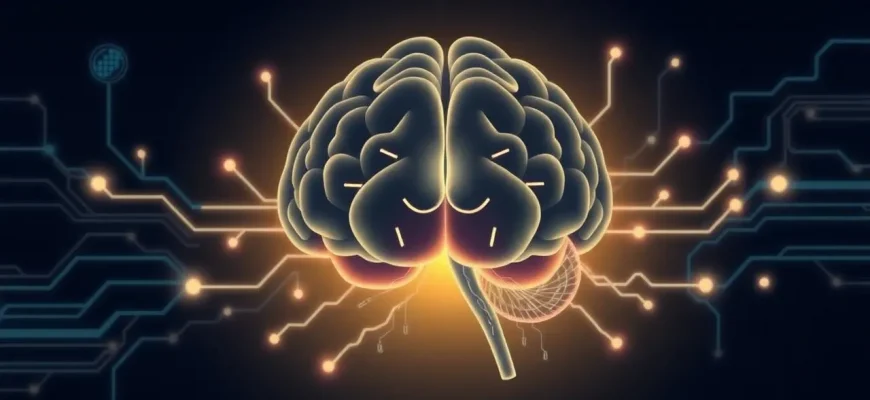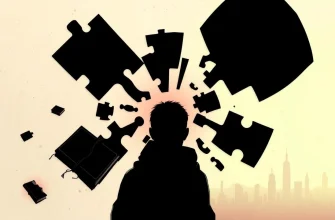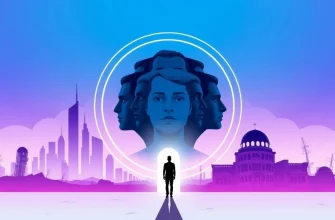In the realm of science fiction, the exploration of the human psyche often takes center stage, offering viewers a thrilling journey through the complexities of identity, memory, and consciousness. This curated list of films not only entertains but also invites introspection, making it a must-watch for anyone fascinated by the intersection of technology and psychology. From mind-bending realities to futuristic therapies, these films provide a unique lens through which to examine the human condition.

A Clockwork Orange (1971)
Description: Stanley Kubrick's adaptation of Anthony Burgess's novel explores themes of free will, conditioning, and the human psyche through the story of a violent youth subjected to aversion therapy.
Fact: The film was banned in several countries due to its graphic violence. The term "ultraviolence" was coined by Burgess for the novel.
 Watch Now
Watch Now 
The Matrix (1999)
Description: While primarily known for its action, The Matrix also delves into philosophical questions about reality, perception, and the nature of consciousness, making it a staple in discussions about the human mind.
Fact: The film's concept was inspired by the works of Jean Baudrillard, particularly "Simulacra and Simulation." The Wachowskis used a unique filming technique called "bullet time" to capture the essence of the virtual world.
 Watch Now
Watch Now 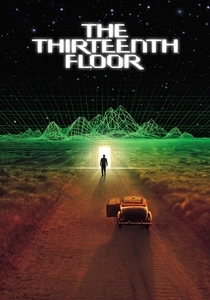
The Thirteenth Floor (1999)
Description: This film explores virtual reality and the nature of consciousness, where characters question their reality and the implications of creating artificial worlds.
Fact: It's based on the novel "Simulacron-3" by Daniel F. Galouye. The film's release was overshadowed by "The Matrix," which came out the same year.
 Watch Now
Watch Now 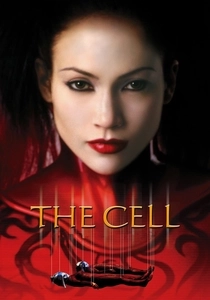
The Cell (2000)
Description: A psychologist enters the mind of a comatose serial killer to find his latest victim, offering a visually stunning exploration of the human psyche and the nature of evil.
Fact: The film's director, Tarsem Singh, was known for his music videos before this film. The movie's surreal visuals were inspired by artists like H.R. Giger and Salvador Dalí.
 Watch Now
Watch Now 
Donnie Darko (2001)
Description: This cult classic delves into time travel, mental illness, and existential questions, making it a complex narrative that invites multiple interpretations.
Fact: The film was made with a very low budget, and its success was largely due to word-of-mouth. The rabbit costume was inspired by the film "Watership Down."
 Watch Now
Watch Now 
Vanilla Sky (2001)
Description: This film follows a man who wakes up after a car accident to a life that seems perfect but is filled with psychological twists, exploring themes of identity, reality, and the subconscious.
Fact: It's a remake of the Spanish film "Abre los ojos" (Open Your Eyes). Tom Cruise's character was inspired by David Aames, a real-life friend of Cameron Crowe.
 Watch Now
Watch Now 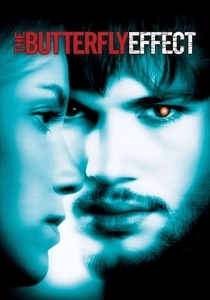
The Butterfly Effect (2004)
Description: A young man discovers he can travel back in time to change his past, but each change has unforeseen consequences, exploring the psychological impact of altering one's life story.
Fact: The film's title refers to the chaos theory concept where small changes can lead to significant outcomes. The original ending was much darker.
 Watch Now
Watch Now 
Eternal Sunshine of the Spotless Mind (2004)
Description: This film explores the idea of erasing memories to forget a painful breakup, delving into themes of love, memory, and identity. It's a poignant look at how memories shape our lives and relationships.
Fact: The film's title is derived from a poem by Alexander Pope. The script was written by Charlie Kaufman, known for his unique storytelling style.
 Watch Now
Watch Now 
Inception (2010)
Description: Christopher Nolan's masterpiece delves into the concept of dreams within dreams, exploring the subconscious mind through the lens of corporate espionage. It's a psychological thriller that questions reality and the nature of memory.
Fact: The film's dream worlds were inspired by the works of Salvador Dalí and M.C. Escher. The spinning top, a recurring symbol in the movie, was actually a personal item of Nolan's.
 Watch Now
Watch Now 
The Adjustment Bureau (2011)
Description: This film deals with fate, free will, and the manipulation of human lives by a mysterious organization, offering a psychological twist on the concept of destiny.
Fact: The film is loosely based on a Philip K. Dick short story. The hats worn by the agents in the film were chosen to represent their authority and control over human lives.
 Watch Now
Watch Now 
